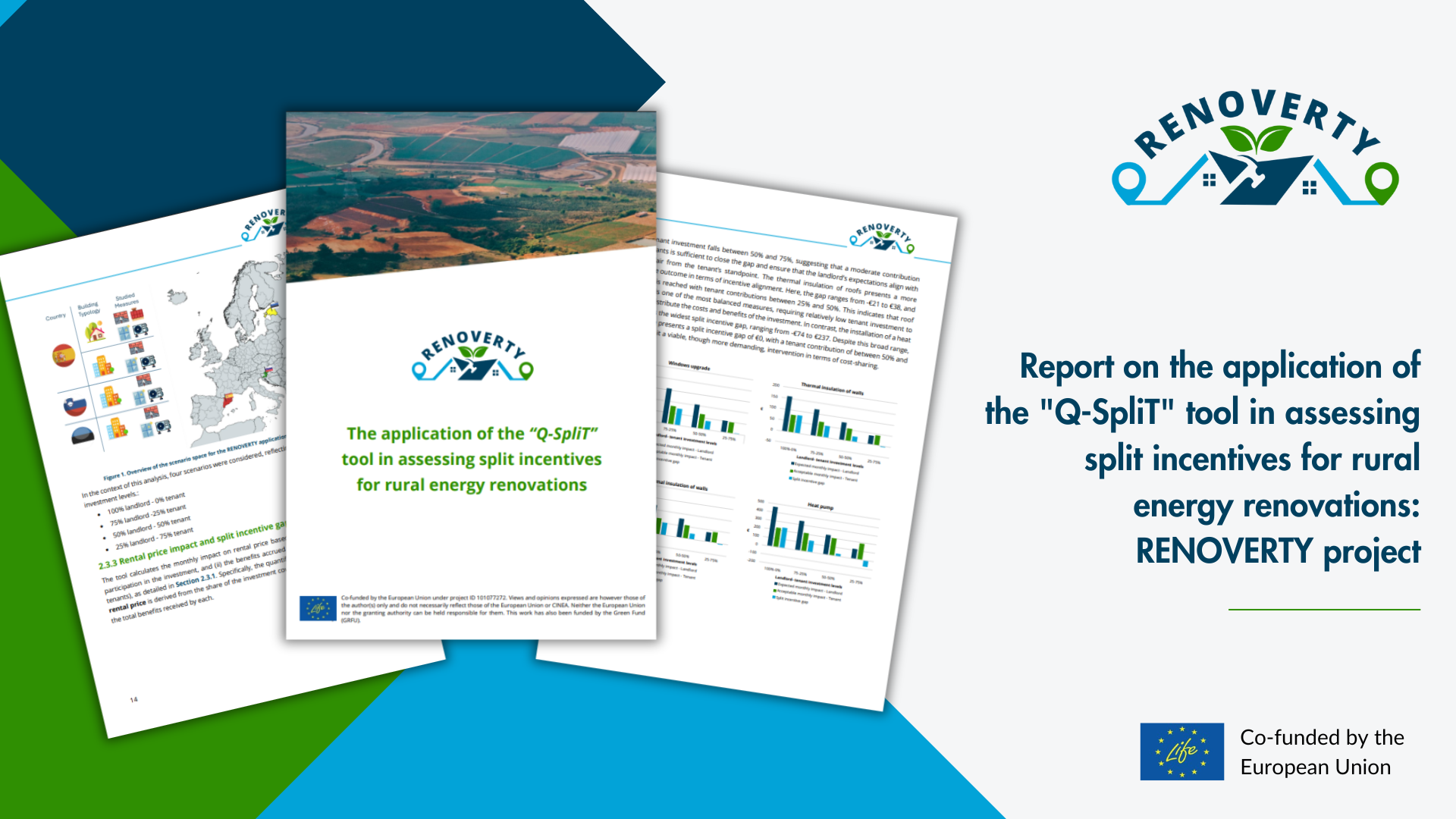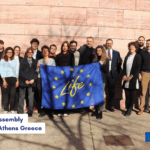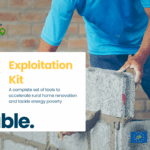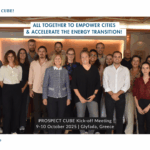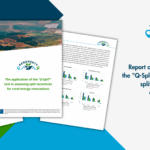A new report developed within the framework of the RENOVERTY project highlights one of the key challenges to energy-efficient building upgrades in rural areas, the so-called “split incentive” issue. This occurs when the benefits of an investment do not accrue to the party who bears the cost. In the context of energy efficiency renovations in buildings, it refers to the difficulty of recovering investment costs due to an uneven distribution of financial responsibilities and benefits among the involved actors.
The report expands and adapts the Q-SpliT (Quantification of Split Incentives) tool, originally developed under the Horizon 2020 ENPOR project, in order to assess how renovation costs and benefits can be fairly distributed, providing evidence to guide equitable financing mechanisms and policy design for rural private rented housing.
By applying the Q-SpliT tool in three RENOVERTY pilot regions, Osona (Spain), Zasavje (Slovenia), and Tartu (Estonia), the project quantifies split incentives associated with renovation measures and propose evidence-based solutions to balance costs and benefits between landlords and tenants.
The findings serve as a valuable input towards the finalisation of the project’s Rural Energy Efficiency Roadmaps, by quantifying split incentives associated with priority renovation measures and, thus, supporting the development of socially just, financially viable renovation solutions tailored to the needs of rural households in the investigated contexts.
The RENOVERTY project, funded under the European Commission’s LIFE Programme, works to promote energy-efficient building upgrades in rural regions across Europe.
Read the full report here: https://zenodo.org/records/17226690

